#Blessed Mother Mary
Explore tagged Tumblr posts
Text

Mater Dolorosa, Ora Pro Nobis
I realize I never posted this one here, please enjoy
#catholic#catholicism#roman catholic#catholic art#virgin mary#christianity#my art#mater dolorosa#our lady of sorrows#our lady#bvm#blessed mother mary#the blessed virgin mary#blessed mother#blessed virgin mary#ink and acrylic
711 notes
·
View notes
Text
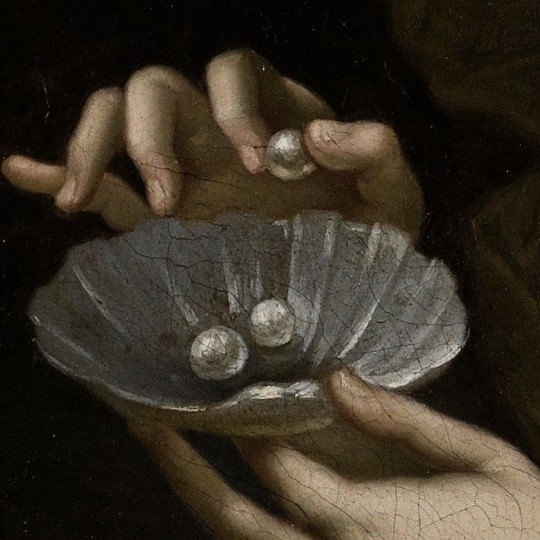
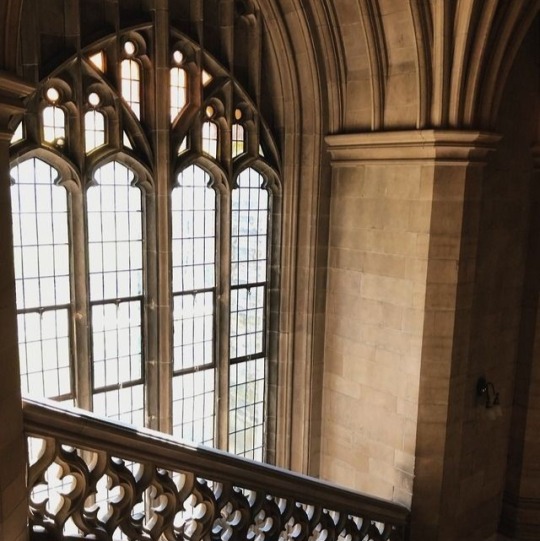
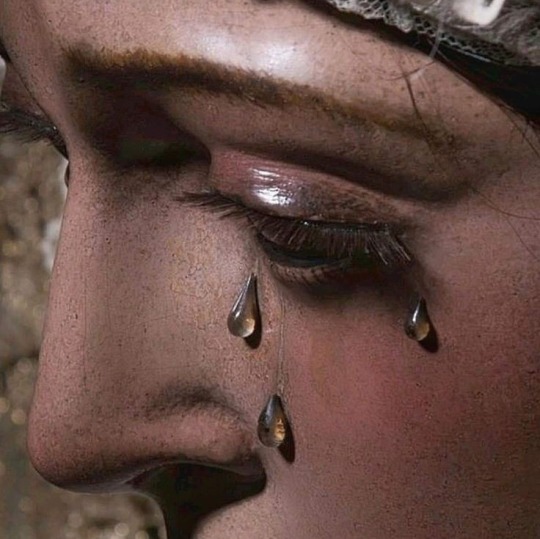

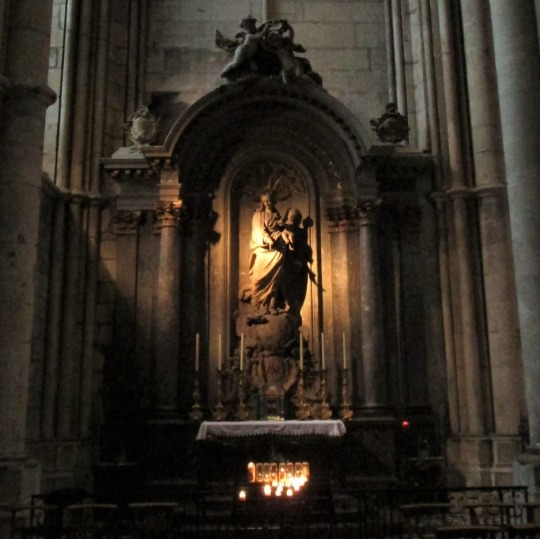
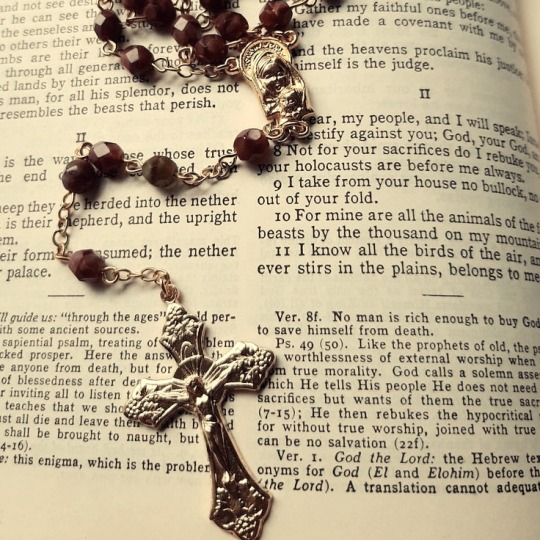
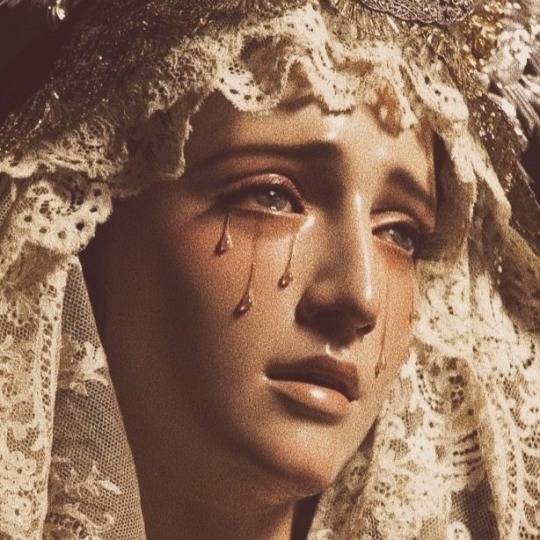
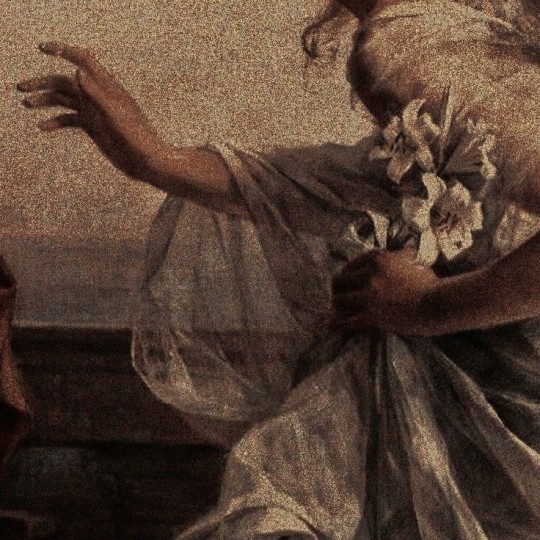

Holy Mary, Mother of God,
Pray for us sinners, now, and at the hour of our death.
Amen.

#🥀🕯#devotional post#christopagan#mother mary#virgin mary#hail mary#christopaganism#pagan#paganism#catholic#catholiscism#folk catholicism#folk catholic#blessed mother mary#the blessed mother#the blessed virgin mary#christian witch
1K notes
·
View notes
Text

Raphaël (Italian, 1483-1520) Mary, Christ and the young John the Baptist, known as the “Madonna of the Goldfinch,” before 1506 Le Gallerie Degli Uffizi
#different quality and size#raphael#art#italian art#italy#christian art#christianity#christentum#rome#catholic#catholic art#roman catholic#1400s#1500s#madonna of the goldfinch#Virgin Mary#Blessed Mother Mary#Jesus Christ#John the Baptist#fine art#european art#classical art#europe#european#southern europe#oil painting#fine arts#mediterranean#europa#madonna
66 notes
·
View notes
Text

Happy Feast Day
Our Lady of Kibeho
Feast day: November 28
Our Lady of Kibeho is the name given to Marian apparitions concerning several adolescents, in the 1980s in Kibeho, south-western Rwanda. The apparitions communicated various messages to the schoolchildren, including an apocalyptic vision of Rwanda descending into violence and hatred, possibly foretelling the 1994 Rwandan Genocide. Our Lady of Kibeho became the first and only Vatican-approved Marian site in Africa.
Prints, plaques & holy cards available for purchase. (website)
54 notes
·
View notes
Text

Hans Thoma (German, 1839-1924) Maria als Himmelskönigin (ca 1908)_edited
#Hans Thoma#catholicism#Queen of Heaven#Blessed Mother Mary#Holy Mother of God#Immaculate Conception
72 notes
·
View notes
Text

529 notes
·
View notes
Text
"𝘊𝘰𝘮𝘦 𝘣𝘢𝘤𝘬 𝘵𝘰 𝘔𝘺 𝘚𝘰𝘯."

#jesus#catholic#my remnant army#jesus christ#virgin mary#faithoverfear#saints#jesusisgod#endtimes#artwork#Jesus is coming#come holy spirit#Mother Mary speaks#bvm#blessed mother mary#pray for us#rosary#prayer is powerful#pray the rosary
23 notes
·
View notes
Text
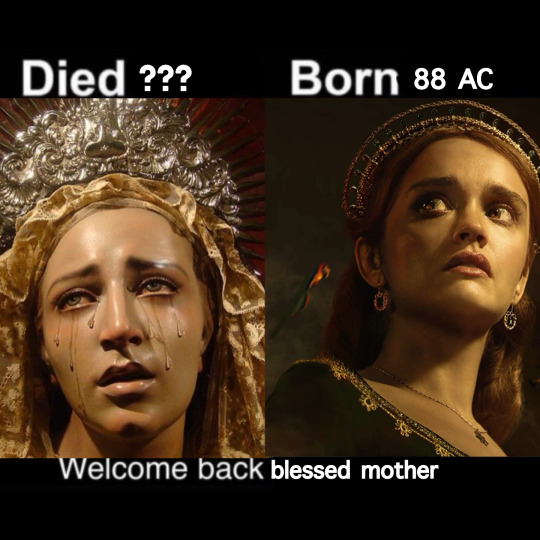
#blessed mother mary#alicent hightower#the virgin mary#house of the dragon#hotd#religious imagery#team alicent#queen alicent
96 notes
·
View notes
Text

mama Mary 💗
#lana del rey#lizzy grant#lana del ray aka lizzy grant#hell is a teenage girl#this is what makes us girls#born to die#manic pixie dream girl#girlblog#femcel#girlblogging#manic pixie nightmare#whisper girl#girly blog#cinnamon girl#tumblr girls#girlhood#gaslight gatekeep girlboss#gaslight gatekeep girlblog#girl interrupted syndrome#this is a girlblog#just girly things#ultraviolence#black swan#coquette#virgin mary#blessed mother mary#mother mary#catholicism#catholic#christianity
35 notes
·
View notes
Text
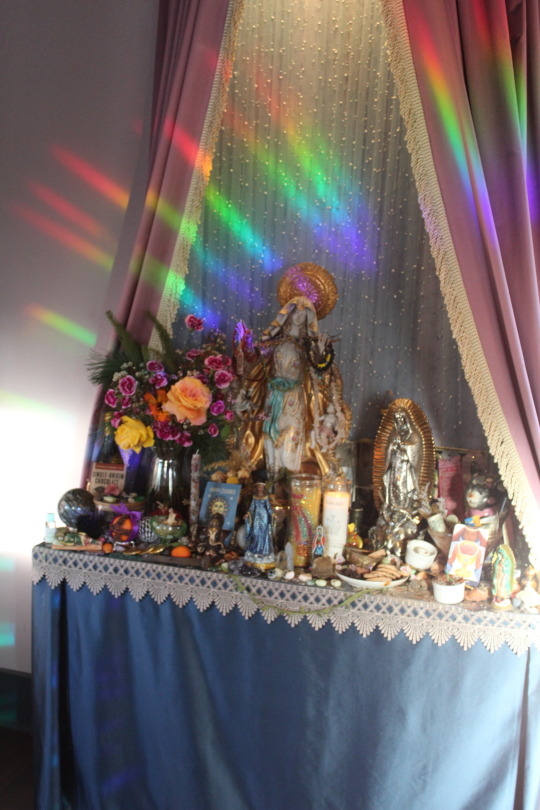
Open 7 days a week from 11 am-8pm
1236 South St Mary's St, San Antonio Texas
www.dejavuesoterica.com
#witch#witchblr#witchcraft#altar setup#magick#ritual#san antonio#witch altar#witch coven#witch shop#southtown san antonio#mary#virgin mary#blessed mother mary#pagan#texan#love#beauty#opulence#prayers
24 notes
·
View notes
Text

Our Lady of Fatima, pray for us who have recourse to you. +
#catholic#catholicism#christianity#spiritual warfare#jesus christ#blessed virgin mary#our lady#exorcist#demon#our lady of fatima#blessed mother mary#blessed mother#blessed virgin#intercession#fatima#rosary#holy catholic church#holy rosary#roman catholic church#roman catholic#queen of heaven#our lady of the holy rosary#immaculate conception#our lady of sorrows#our lady of the immaculate heart#immaculate#immaculate heart
13 notes
·
View notes
Text

Immaculate Heart of Mary,
Pray for us!
#catholicism#roman catholic#catholic art#catholic saints#catholic#virgin mary#art#my art#blessed mother mary#bvm#virgen maria
581 notes
·
View notes
Text

29 notes
·
View notes
Text
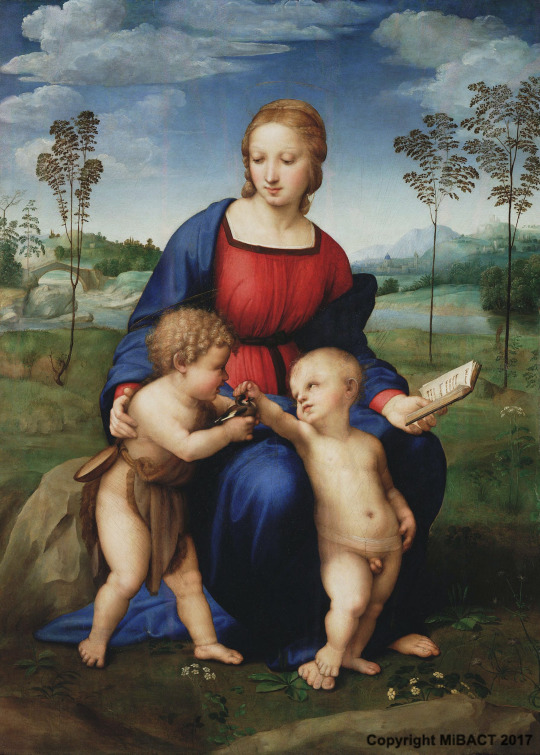
Raphaël (Italian, 1483-1520) Mary, Christ and the young John the Baptist, known as the “Madonna of the Goldfinch,” before 1506 Le Gallerie Degli Uffizi
#raphael#art#italian art#italy#christian art#christianity#christentum#rome#catholic#catholic art#roman catholic#1400s#1500s#madonna of the goldfinch#Virgin Mary#Blessed Mother Mary#Jesus Christ#John the Baptist#fine art#european art#classical art#europe#european#southern europe#oil painting#fine arts#mediterranean#europa#madonna
60 notes
·
View notes
Text

Our Lady of Knock
Queen of Ireland
Feast Day: August 17
In the small town of Knock, Ireland 1879, Our Lady appeared to two women in the back of the town church. Mary was clothed in white garments and wearing a brilliant crown. By her side was St. Joseph and St. John the Evangelist. Behind them, an altar with a lamb and a cross on it. The women called several others to the church who were also able to see this miracle. 10 days after the apparition a young girl, born deaf, was able to hear. By the end of 1800, over 300 cures were recorded by the parish priest. One-and-a-half million people make a pilgrimage to Knock annually.
Prints, plaques & holy cards available for purchase here: (website)
107 notes
·
View notes
Text

Anton Von Maron (Austrian, 1733-1808) The Madonna and Child with a shepherd
#Anton Von Maron#child Jesus#Blessed Mother Mary#catholicism#religious art#oval paintings#austrian painters
21 notes
·
View notes